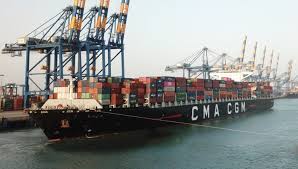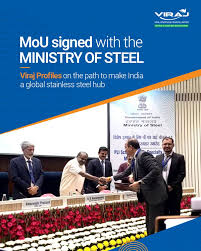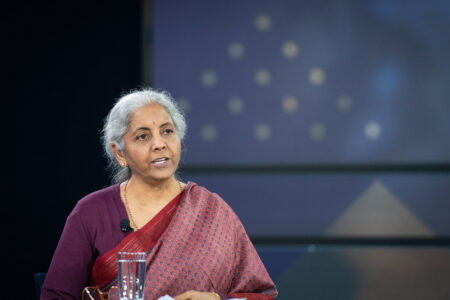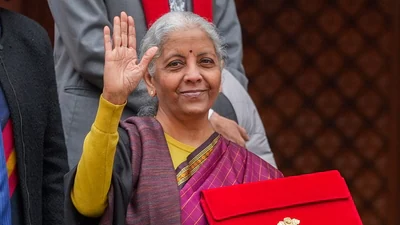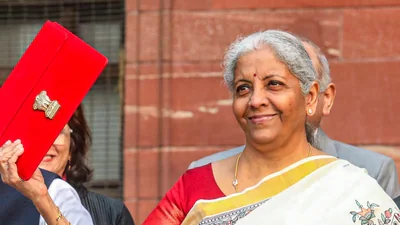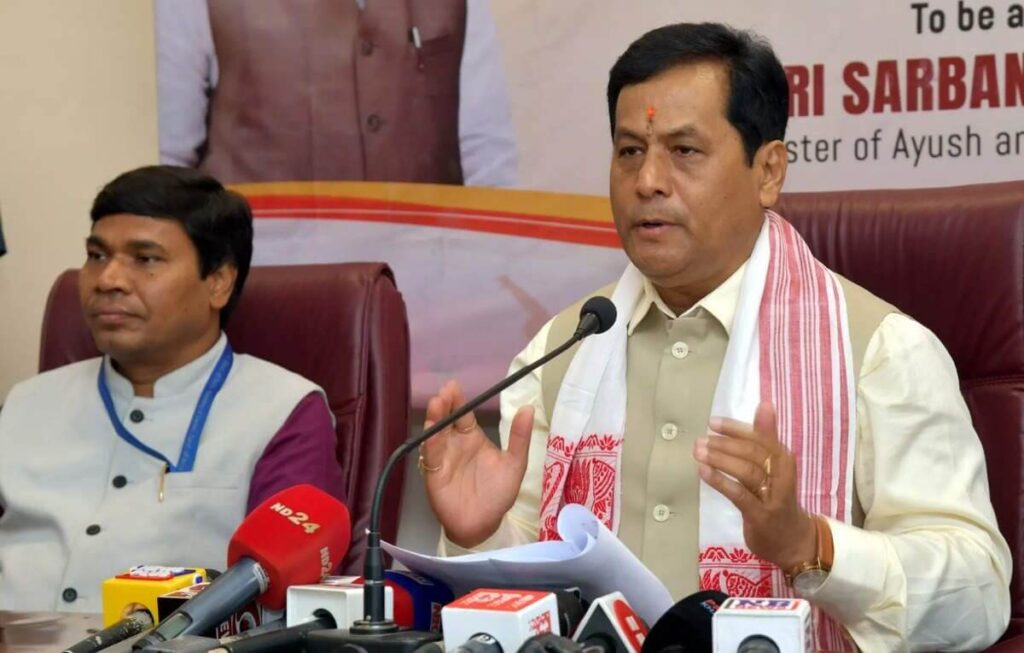According to the Engineering Export Promotion Council of India, engineering exports exceeded the government’s yearly objective of $107 billion with a product share of around 27per cent in the country’s outbound shipments (EEPC).
Although these figures show how important the industry is to boosting the country’s export performance, trade stakeholders claim that things will go much better if they are protected from inflationary pressures and uncertain global headwinds.
These difficulties have given the businesses important points. The budget should be mindful of the unpredictability and difficulty of the global business environment and implement specific measures as a result, according to the engineering export sector.One important issue that this budget should address, according to EEPC Chairman Arun Kumar Garodia, is building the capacity of engineering firms, particularly the smaller firms that are facing numerous difficulties, including fierce competition from China. The Remission of Duties and Taxes on Exported Merchandise (RoDTEP) program should be viewed by the national govt as a reimbursement program rather than an incentive program. According to him, the national government must reimburse any taxes that were paid while producing the exported goods.
Even while programs like the Emergency Credit Score Line Assure Scheme (ECLGS) have benefited the industry, the MSMEs are theoretically responsible for these measures. In this situation, stakeholders claim that in this situation, more tax exemptions or reduced taxation can give businesses more money to pay off their debts and upgrade their technology.

